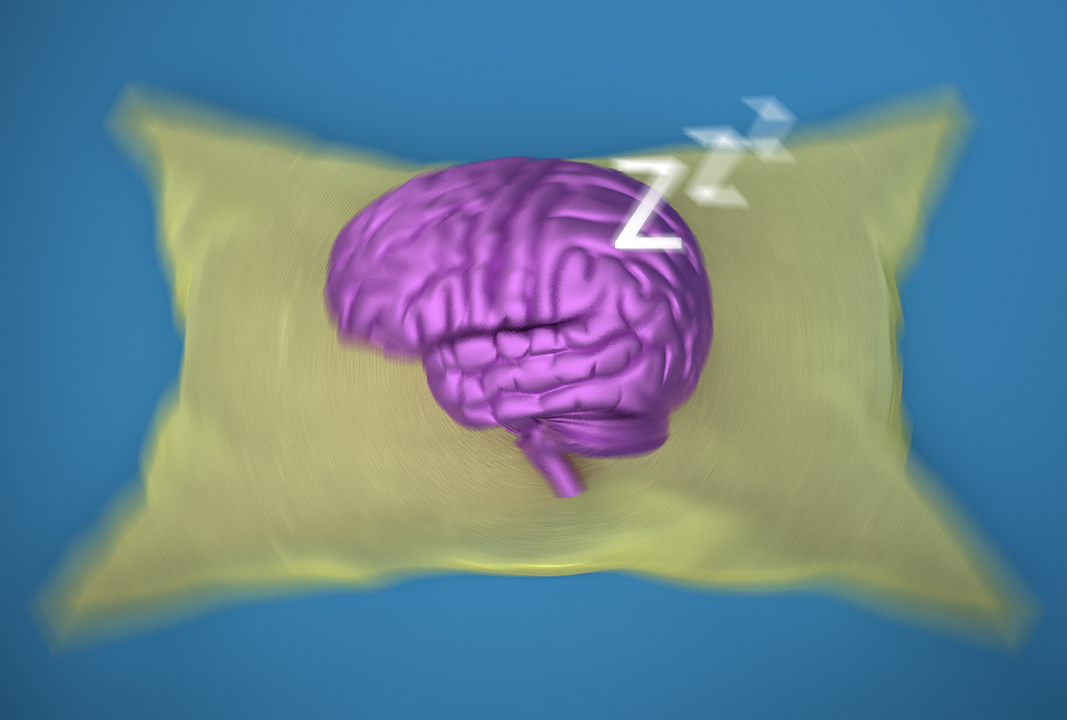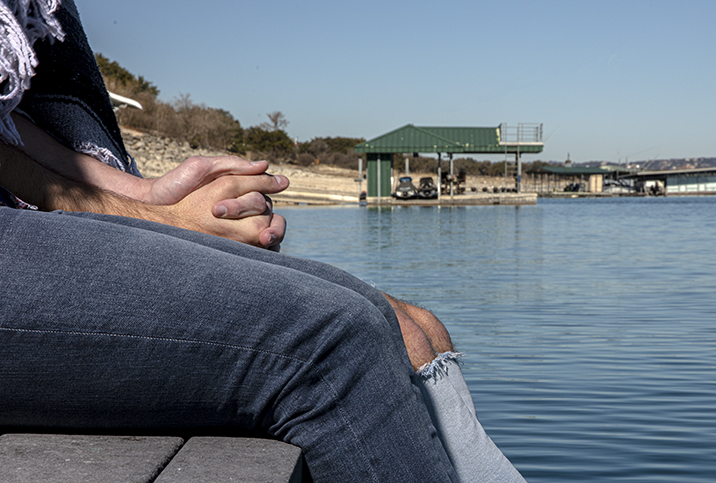How PTSD May Be Affecting Your Sleep

Post-traumatic stress disorder (PTSD) is an increasingly common disorder that is twice as likely to occur to women.
If you've recently experienced a traumatic event, it's likely that a good night's rest won't come easy for you. Unfortunately, sleep is one element you need to help relieve your PTSD symptoms. With treatment, though, it's possible to get all the Zs you need.
PTSD is an anxiety disorder
PTSD is classified as an anxiety disorder because its primary symptoms result from a heightened state of awareness or sensitivity to external stimulation. In other words, your brain remains in a state of fight or flight for months or years after the trauma has ended.
Sleep disturbance is one of the primary symptoms of PTSD, in addition to other anxiety symptoms such as:
Agitation or aggression. People with PTSD are in a constant state of panic, so it's very common to "overreact" to loud noise, crowded rooms or any environment that overstimulates the brain.
Avoidance: Patients with PTSD often avoid social gatherings or interactions with friends and family in public because the stimulation can trigger flashbacks and panic attacks.
Flashbacks: Any situation that reminds the survivor of the original traumatic event can cause flashbacks where they relive the incident. These flashbacks can happen years after the event.
Post-traumatic stress can impact the everyday functions of a person's life to the point where you may be unable to leave home or cope with the stresses of daily routines.
How PTSD affects sleep
When it's time for bed, it's often difficult to shut your brain down. PTSD patients frequently experience sleep disturbances that make it impossible to get a good night's sleep. These disturbances include:
Difficulty falling asleep. PTSD can make it difficult to relax because the constant state of anxiety prevents your body from properly entering the REM cycle or deep sleep stages.
Waking up frequently. Without REM sleep, the brain can never properly shut down, so sleep is often light, and that means any sound or white noise can easily wake you up.
Poor sleep quality. Even if you manage to stay asleep all night, you may never reach the deep, restorative sleep needed to help your body recover from your day. You'll wake up feeling groggy, perhaps even more tired than you were when you went to bed.
Nightmares. As the brain tries to cope with your trauma, it may replay the event, even in sleep, causing you to experience flashbacks or other nightmares that induce the same emotions as the original traumatic event. This often results in poor quality of sleep or waking up and being unable to fall back asleep.
When sleep provides no relief, patients can feel like there's no way out and might consider suicide or self-harm. It's of utmost importance to watch for these feelings of hopelessness and seek help even if you're unsure you have PTSD.
Your counselor and physician should be your primary support system and will be able to strategize with you to plan treatment.
PTSD treatments
In addition to talk therapy and medication to help reduce your anxiety, many other effective approaches may help you sleep better and allow you to cope more easily with your symptoms:
Nightly routine. Create a habit that tells your body it's time for bed. You should start at least an hour before bed by shutting off technology and preparing yourself for rest.
Create a sleep space. Your room should be cool (around 65 degrees), so you can sleep comfortably; a warmer room can induce anxiety symptoms. You may want to turn on a fan to create a little white noise as well as a welcome airflow.
Relaxation strategies. Meditation and yoga in the evening can help induce relaxation in the body and mind. With regular practice, this approach can help you feel more in control of your thoughts as you try to calm your mind for sleep.
Medication. If you have tried various strategies and still cannot find relief, you may find pharmaceutical intervention can reset your circadian rhythm to help you stay asleep. Medications also may help with nightmares and other sleep disturbances at night. Discuss the benefits of medication with your doctor.
Therapy. Having a dedicated behavioral professional to speak with regularly can help you process past traumas that are causing PTSD. Together you can craft new coping skills for controlling anxiety and lifestyle changes that may improve your chances of enjoying better sleep.
Regardless of your treatment plan, make it your job to monitor your symptoms and report them to your support team. If you feel your treatment isn't helping, or your symptoms are getting worse despite your best efforts, don't suffer in silence—tell your doctor and counselor. Through trial and error, time and an effective treatment plan, it's possible to get sound sleep and return to your daily life.

















